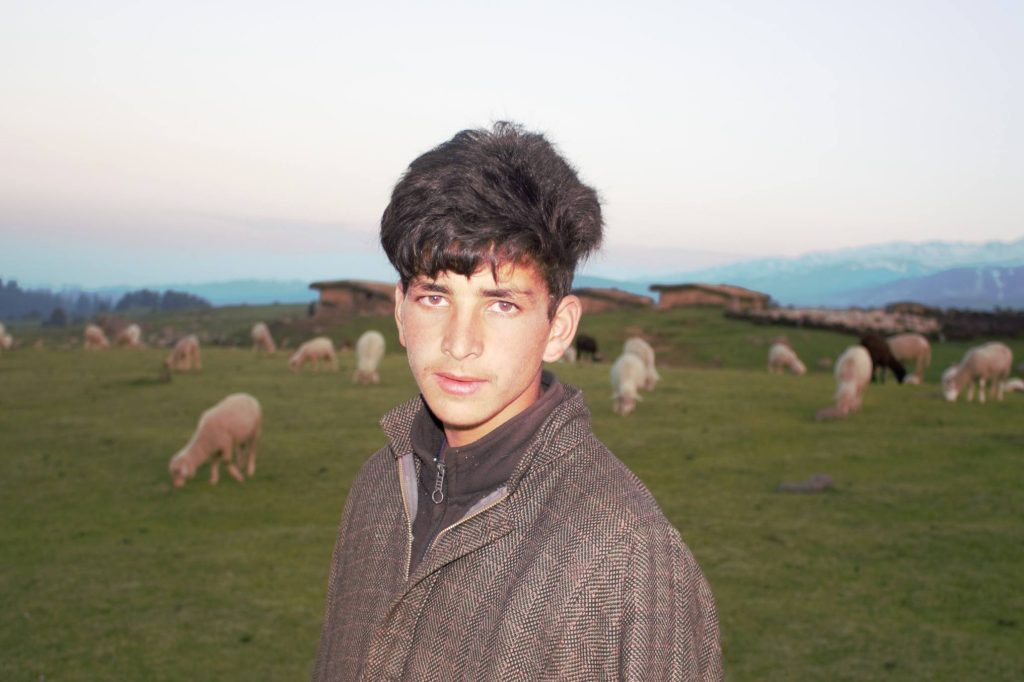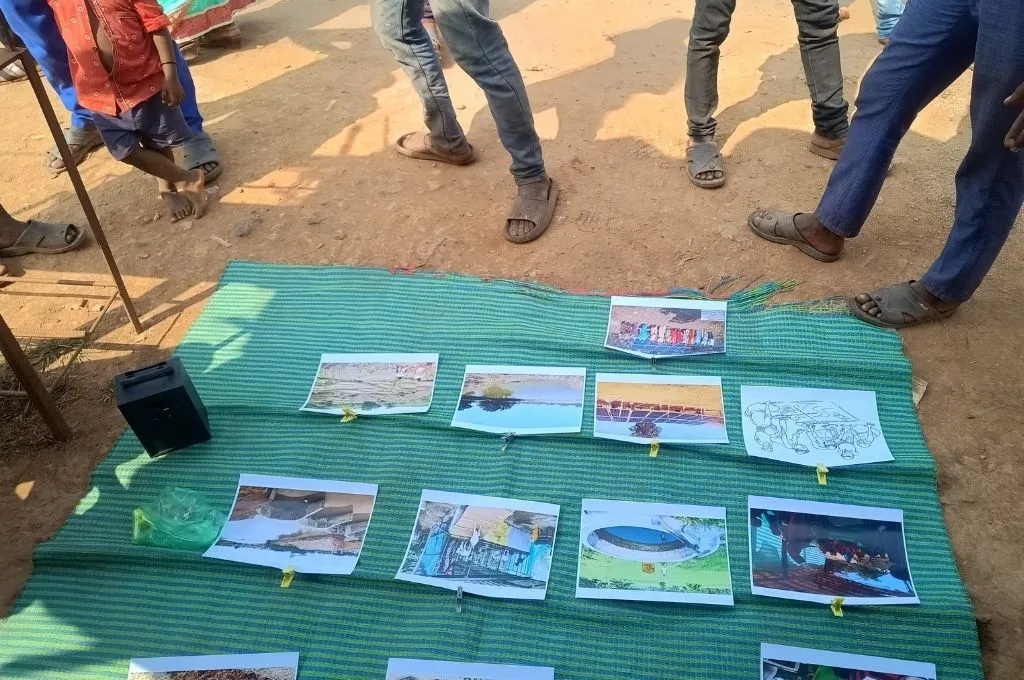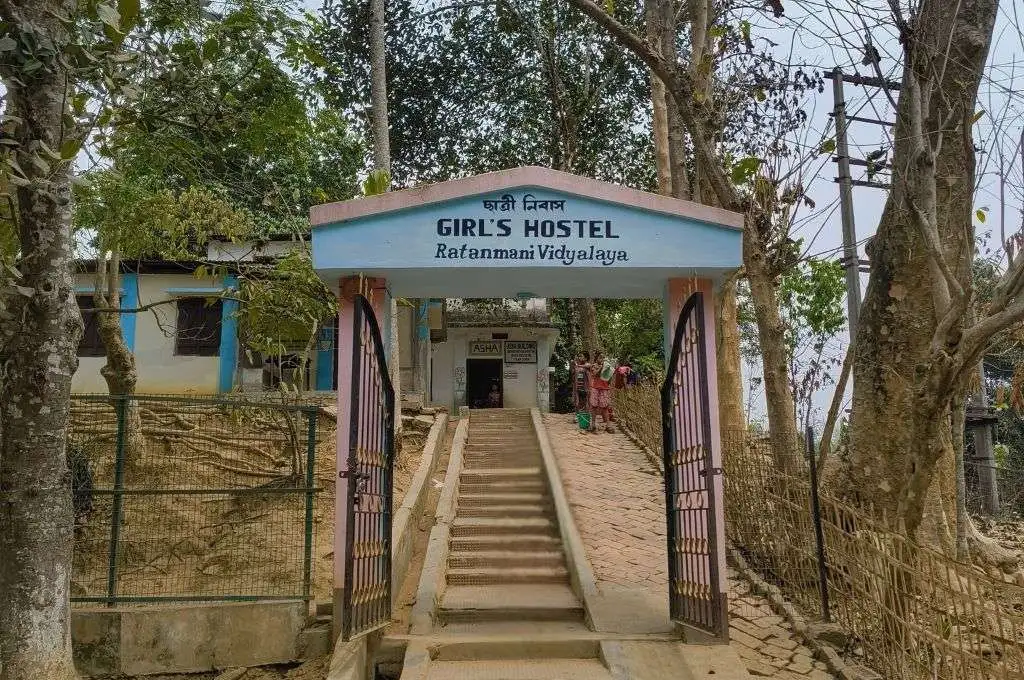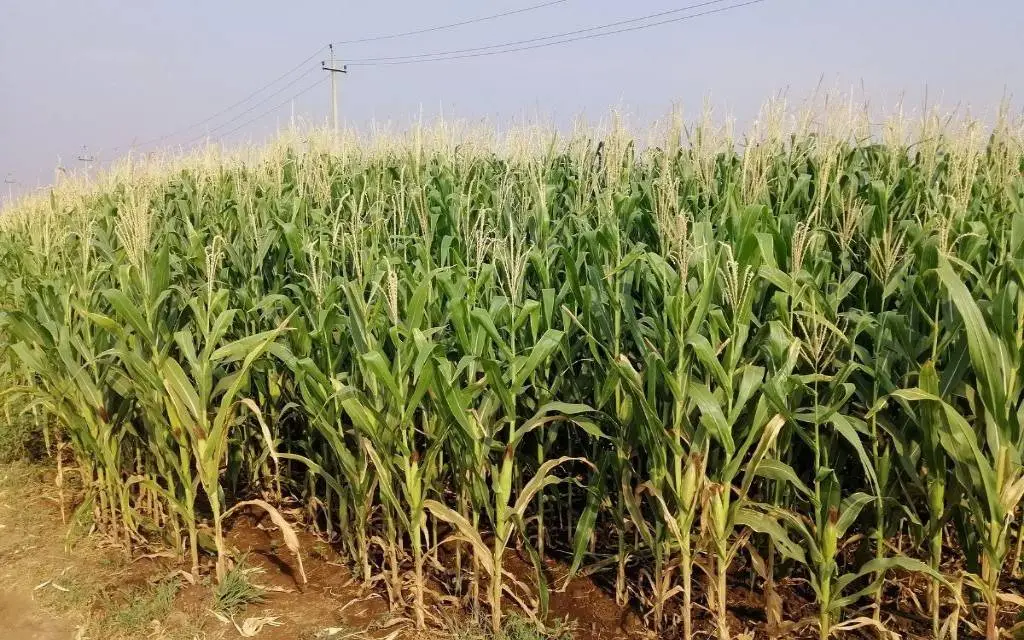READ THIS ARTICLE IN
Kashmir’s Chopans denied the right to graze freely

In September 2021, the lieutenant governor of the Union Territory of Jammu and Kashmir (J&K) handed over several titles under the Forest Rights Act (FRA) to members of the Gujjar, Bakerwal, Gaddi, and Sippi communities. During the function, he also handed over some individual and community forest right certificates to people belonging to these communities, thus recognising the rights of these forest-dwelling scheduled tribes to forest resources.
The Chopans, a pastoralist community in J&K, also come under the purview of the FRA. They belong to the other traditional forest dwellers (OTFD) category, but were entirely neglected when the government launched the FRA title-giving programme. This is because forest officials are under the notion that FRA is only meant for scheduled tribes. It could also be a consequence of the fact that FRA in J&K is implemented by the forest department, unlike in other states where the state tribal affairs departments—who have a better understanding of a region’s communities—take on the responsibility.
The Chopans are pastoralists, but most own neither livestock nor land. They earn a living by taking care of sheep belonging to other farmers. On average, farmers pay a Chopan INR 350–400 to graze a sheep for a season, which lasts from March to October every year. Typically each farmer owns 10–15 sheep and each Chopan has 30–40 such customers, and therefore 400–500 sheep in their flock. In the summer months the Chopans negotiate treacherous mountain roads to reach the vast meadows and alpine lakes, where they graze the sheep between June and August. These highland pastures are located at an altitude of 3,500–4,000 metres.
Forest right certificates would guarantee grazing rights on forest land to the Chopans, ensuring that they do not have to pay officials or other non-state actors to graze their flocks. The forest department also does not allow the Chopans to repair their kothas (huts) located in the highland pastures, which FRA would guarantee. These huts that get damaged during the winter months are used by the Chopans for shelter in the summer months. They are forced to bribe forest officials for permission to repair them.
Some months back I sought information pertaining to the implementation of FRA under the Right to Information Act. I looked around for details of people/communities who were given FRA titles in Srinagar and Jammu, as the government has not made this information public.
Sixteen districts and 21 forest divisions did not provide any information. As per the information obtained from the districts of Kupwara, Kishtwar, Udhampur, and Budgam, 81 community claims have been decided by the respective district magistrates. Of these, not a single beneficiary belongs to the Chopan community or any other OTFD category.
Dr Raja Muzaffar Bhat is a Srinagar-based activist, writer, and independent researcher.
—
Know more: Learn about the role that FRA has played in strengthening local governance for Adivasi communities in Gadchiroli, Maharashtra.
Do more: Connect with the author at bhatrajamuzaffar@gmail.com to learn more about and support his work.



